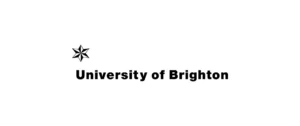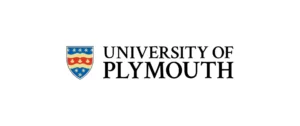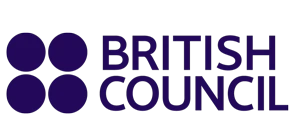Studying in Canada is an exciting opportunity, but it also requires clear financial planning. Understanding the real cost of living helps you budget responsibly, adjust expectations and avoid unnecessary stress once you arrive. This guide breaks down every major expense international students face in 2025, based on current averages across Canadian cities.
Monthly Budget Overview
International students typically spend CAD 1,600 to 2,400 per month, depending on their location, lifestyle and housing choices. This range includes accommodation, food, transportation, utilities, personal expenses and academic supplies.
Accommodation Costs
Housing is the largest expense for most students. Prices vary widely across provinces and cities.
-
On-campus residence: CAD 700 to 1,200
-
Shared off-campus housing: CAD 800 to 1,200
-
Private apartment: CAD 1,300 to 2,000
Vancouver and Toronto are the most expensive, while cities like Winnipeg, Halifax and smaller towns offer more budget-friendly options. First-year students often choose on-campus housing to simplify the transition.
Food and Groceries
Students generally spend CAD 350 to 500 per month on groceries. Cooking at home significantly reduces costs, while eating out can add up quickly.
-
Basic restaurant meal: CAD 14 to 20
-
Coffee: CAD 4 to 7
Shopping at affordable supermarkets and preparing weekly meal plans can help keep expenses steady.
Utilities and Internet
Students living off-campus must account for monthly utilities, which fluctuate depending on the season.
-
Electricity, water, heating: CAD 60 to 120
-
Internet: CAD 50 to 90
-
Mobile phone plan: CAD 40 to 80
Colder provinces may see higher winter bills due to heating.
Transportation
Public transport is the most common and affordable option for students. Monthly student passes typically cost:
-
Toronto: CAD 156
-
Vancouver: CAD 120
-
Montreal: CAD 100
In smaller cities, passes range from CAD 60 to 80. Students living close to campus often save money by walking.
Health Insurance
All international students must have valid health insurance. Depending on the province, this may be public or private.
Average yearly cost: CAD 600 to 900.
It is essential to arrange coverage before or shortly after arrival.
Academic Supplies
Books and academic materials cost CAD 600 to 1,000 per year. Renting textbooks or purchasing used copies can significantly reduce this amount.
Leisure and Personal Spending
Students should budget for social activities, fitness and personal items.
-
Gym membership: CAD 40 to 65
-
Cinema ticket: CAD 15 to 20
-
Occasional outings: CAD 50 to 100
Most universities also offer free or discounted events for students.
Budgeting Tips
-
Track your spending weekly.
-
Share accommodation when possible.
-
Cook meals at home and minimise eating out.
-
Use public transport instead of rideshare apps.
-
Compare phone plans before choosing one.
-
Buy or rent used textbooks.
Final Thoughts
A well-planned budget is essential for a successful and stress-free student life in Canada. With clear expectations and smart spending habits, international students can enjoy a comfortable lifestyle while staying financially secure. If you need support choosing the right university or preparing your application, you can always reach out and get expert guidance tailored to your goals.









